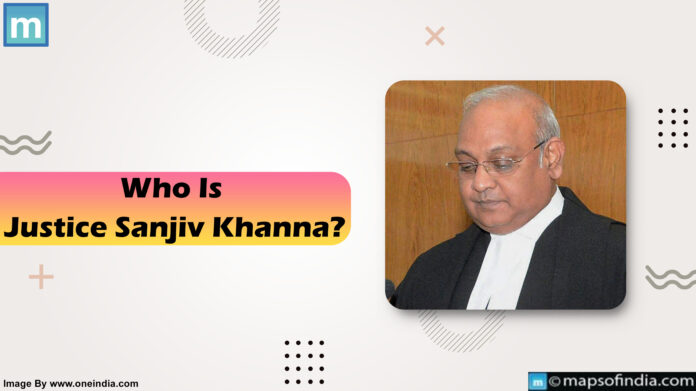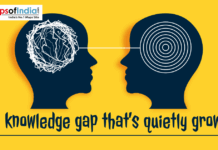On May 10, Delhi Chief Minister Arvind Kejriwal was given temporary bail by a bench of judges Sanjiv Khanna and Dipankar Datta in the excise policy case so that he could run in the current Lok Sabha elections.
The more senior of the two justices, Khanna, will succeed the retiring incumbent, DY Chandrachud, as Chief Justice of India (CJI) in November 2024. From November 10, 2024, to May 13, 2025, he will hold the position of CJI. Following the CJI, Khanna is currently the highest senior judge in the Supreme Court. Khanna, elevated to the Supreme Court in January 2019, is related to the renowned judge Hans Raj Khanna, who left his position as a judge of the highest court during the emergency.
Despite the fact that 33 justices were older and more experienced than Khanna, his appointment as a judge of the Supreme Court created controversy because he was assigned immediately to the Supreme Court. Shortly after his appointment, the controversy subsided. Khanna served as a judge in the Delhi High Court for 14 years, starting in 2005, before being appointed to the Supreme Court. He is well-known for his knowledge of business law and taxation and has written numerous significant rulings over the past 20 years.
Career and Education
Khanna was born on May 14, 1960, and attended Delhi University to study law. He started practicing in the district court of Delhi in 1983 after becoming a member of the Bar Council of Delhi.
After that, he began using the Delhi High Court and its tribunals. He was an attorney specializing in business law, land laws, environment and pollution laws, direct taxes, arbitration, medical negligence, and arbitration in commercial disputes. “He (Khanna) had also argued several criminal cases in the Delhi High Court as an Additional Public Prosecutor, and on appointment by the Court as an amicus curia,” reads his profile on the Supreme Court website.
However, Khanna’s most lasting legacy among his peers and juniors is his exceptional legal acumen in taxation, having served nearly seven years as the Delhi High Court’s Senior Standing Counsel for the Income Tax Department. It should be noted that Khanna practised law in the National Capital Territory of Delhi for a short period before being appointed to the judge position.
Career as a Judge
Khanna dismissed a motion for cross-verification of the votes cast in electronic voting machines (EVMs) with the Voter Verifiable Paper Audit Trail (VVPAT) in an April 2024 ruling. He wrote a lengthy ruling upholding the integrity of electronic voting machines and the Election Commission of India (ECI).
His bench rejected an application for a stay of legislation dealing with the appointment of election commissioners in March. Given the impending Lok Sabha elections and the balance of convenience, he believed the odds were not in favour of postponing the elections. The court also chastised the government for hastily appointing the election commissioners. Justice Khanna offered that the pace could have been slower.
In reality, in the liquor policy case in March 2023, a bench headed by Khanna had denied bail to BRS leader and Telangana MLC K Kavitha. They requested that Kavitha apply for bail before the trial court rather than going straight to the highest court. Khanna was a member of the bench that declared the electoral bonds program unconstitutional. He had actually written a concurring opinion to the prevailing opinion.
The senior Supreme Court justice was a member of the bench that supported the repeal of Article 370 of the Constitution, which granted Jammu and Kashmir special status. Khanna had written a concurring opinion to the majority’s ruling. A bench led by Khanna denied bail to former Delhi deputy chief minister Manish Sisodia in October 2023.




